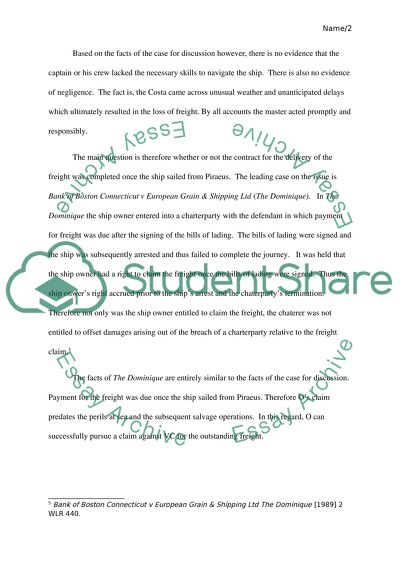Cite this document
(“Os Claim Against VC for Outstanding Freight Coursework”, n.d.)
Retrieved from https://studentshare.org/law/1398737-os-claim-against-vc-for-outstanding-freight
Retrieved from https://studentshare.org/law/1398737-os-claim-against-vc-for-outstanding-freight
(Os Claim Against VC for Outstanding Freight Coursework)
https://studentshare.org/law/1398737-os-claim-against-vc-for-outstanding-freight.
https://studentshare.org/law/1398737-os-claim-against-vc-for-outstanding-freight.
“Os Claim Against VC for Outstanding Freight Coursework”, n.d. https://studentshare.org/law/1398737-os-claim-against-vc-for-outstanding-freight.


